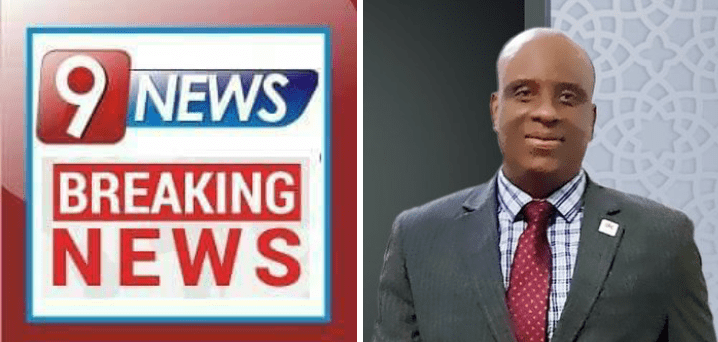
By Obinna Ejianya (Publisher)
During the 2015 Presidential Election Campaign in Nigeria, though I was not a politician and had never been partisan, I observed and perceived an unfolding battle between progress and backwardness.
It was evident and obvious to me and many other reasonable Nigerians that the incumbent President at the time, Goodluck Jonathan, was not doing very badly. That he was poised to continue the positive trajectory set by former President Obasanjo and the late President Yaradua.
Recognizing and deciphering the handwriting on the wall, I understood that Jonathan’s opponent had little or nothing to offer in terms of plans for Nigeria’s advancement. Instead, it seemed that certain interest groups were plotting to exploit the existing loopholes for personal gain. Considering their backgrounds, beliefs, and philosophies, it became evident that maintaining the current government was preferable to a change in leadership.
Despite the presence of corruption within Jonathan’s government, I believed that it was insufficient reason to steer the country away from its path of progress. Nigerians should have focused on tackling and holding those responsible for the corrupt practices accountable, but no, they wanted nothing other than seeing Jonathan out of office at all costs and implications.
There were a few individuals driven by personal interests who sought to bring an abrupt end to Jonathan’s government. These individuals driven by hidden agendas were hellbent on turning the tide to the unknown and unforeseeable doom. So, they steered the gullible and uninformed Nigerians and turned them against the government of Goodluck Jonathan.
They launched an extensive media campaign and propaganda onslaught against his administration. Nigeria had never witnessed such a proliferation of media manipulation, fuelled particularly by the rise of social media and online platforms. These technologies played a significant role in the success of the massive propaganda campaign.
Almost all the National newspapers, other traditional and online media outlets were bought over to propagate against the government. Truth was sacrificed while lies were peddled without consequence. Every instance of mismanagement within Jonathan’s government was exaggerated and exploited by the media. Corruption, foreign exchange, and fuel prices became the sensationalized commodities that dominated public discourse.
The people were fed misleading information, leading them to sacrifice their well-being and happiness to those who harbored ill intentions toward them. Thus, Nigeria embarked on a blind journey towards regression and degeneration, a path that persists to this day.
Following the election campaign and President Muhammadu Buhari’s victory, I took time to be somber and mourn the loss but also engaged in a thoughtful sobber reflection on the turn of events and what transpired in them. I questioned why Nigerians had chosen destruction over progress, darkness over light. Even the spiritual leaders failed to anticipate the unfolding consequences. It became clear to me that the media had been weaponized to disseminate false information, diverting Nigeria’s course towards its current state. Regrettably, the people continue to pay the price for their decisions, which are often repeated.
Motivated by a desire to provide accurate information and empower our people to make informed decisions, I decided to venture into the media industry. I discussed this with a friend in the diaspora and sought a name for the media outlet. Inspired by my admiration for 9News Australia, a prominent media organization, I saw a connection between “9News” and Nigeria. Thus, 9News Nigeria was born in 2016. With earmarked funds, we launched the platform and have since been dedicated to delivering reliable information to the people.
I firmly believe that knowledge is power and that knowledge stems from information. By providing accurate information, we empower individuals to make informed decisions at all levels, be it in governance or among the masses. If our leaders are confronted with the truth on a daily basis, they will strive to bring about the necessary change that Nigeria and Africa require. The media plays a pivotal role in guiding both leaders and the masses along the right path.
Throughout history, leaders in societies worldwide have sought to control the media, underscoring its influence in shaping public opinion and impacting the masses. The relationship between power and the media has endured across civilizations, with examples dating back to ancient times.
The control exerted by leaders over the media serves as a tool for shaping narratives, disseminating propaganda, and consolidating power. By manipulating the media, leaders can control the flow of information and manipulate public perception to suit their interests. This control enables them to suppress dissent, maintain their positions of authority, and perpetuate corrupt practices with minimal opposition.
This is why non-state media organisations should be independent, apolitical, and unbiased most of the time, and media stakeholders should minimize the conflict of interest tendencies and be transparent enough that those in power would have a rethink while carrying out their duties of meeting the people’s needs. We owe the masses the duty of care to preserve the truth as its custodians and disseminators.
Credited to the founder Mr Obinna Ejianya.